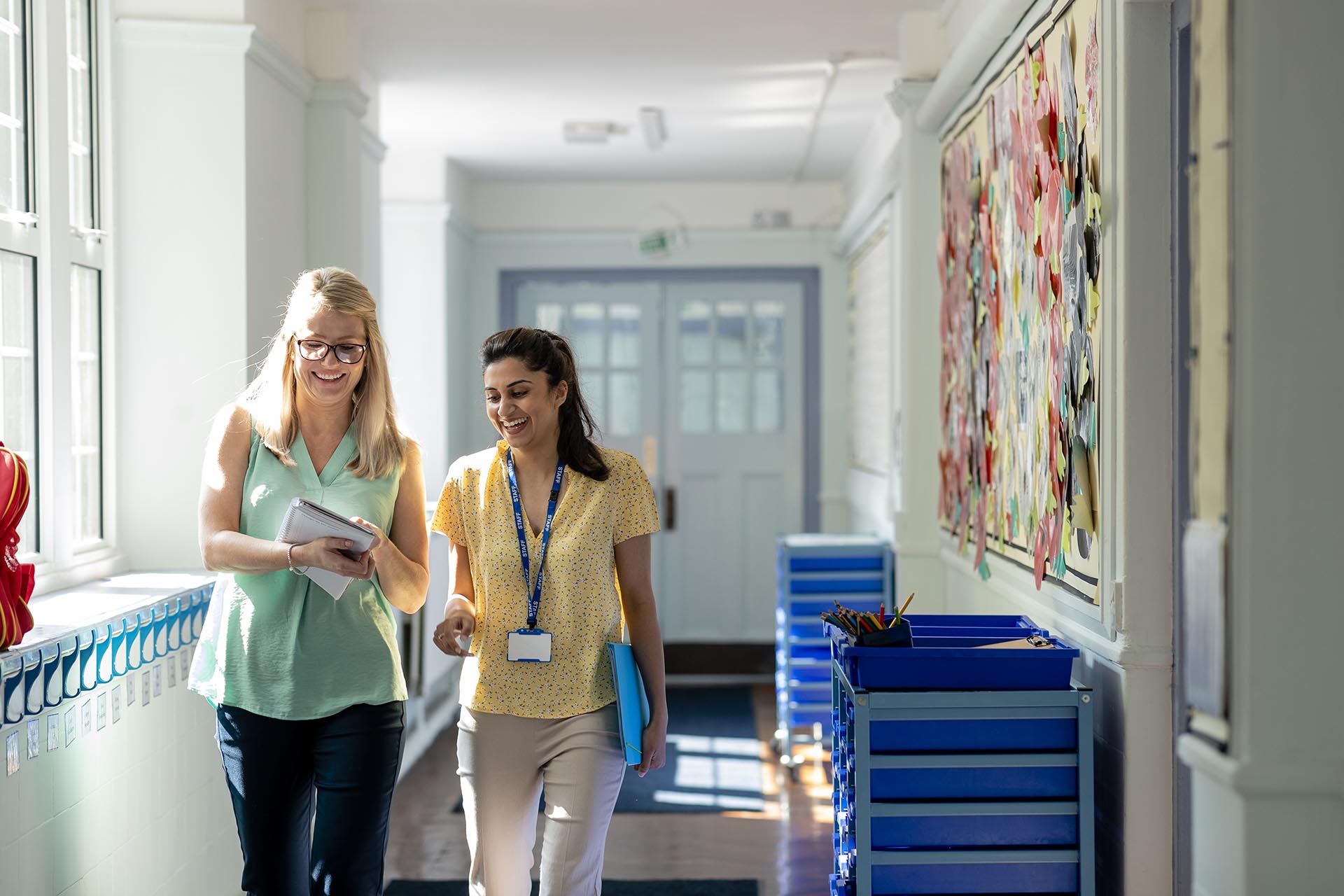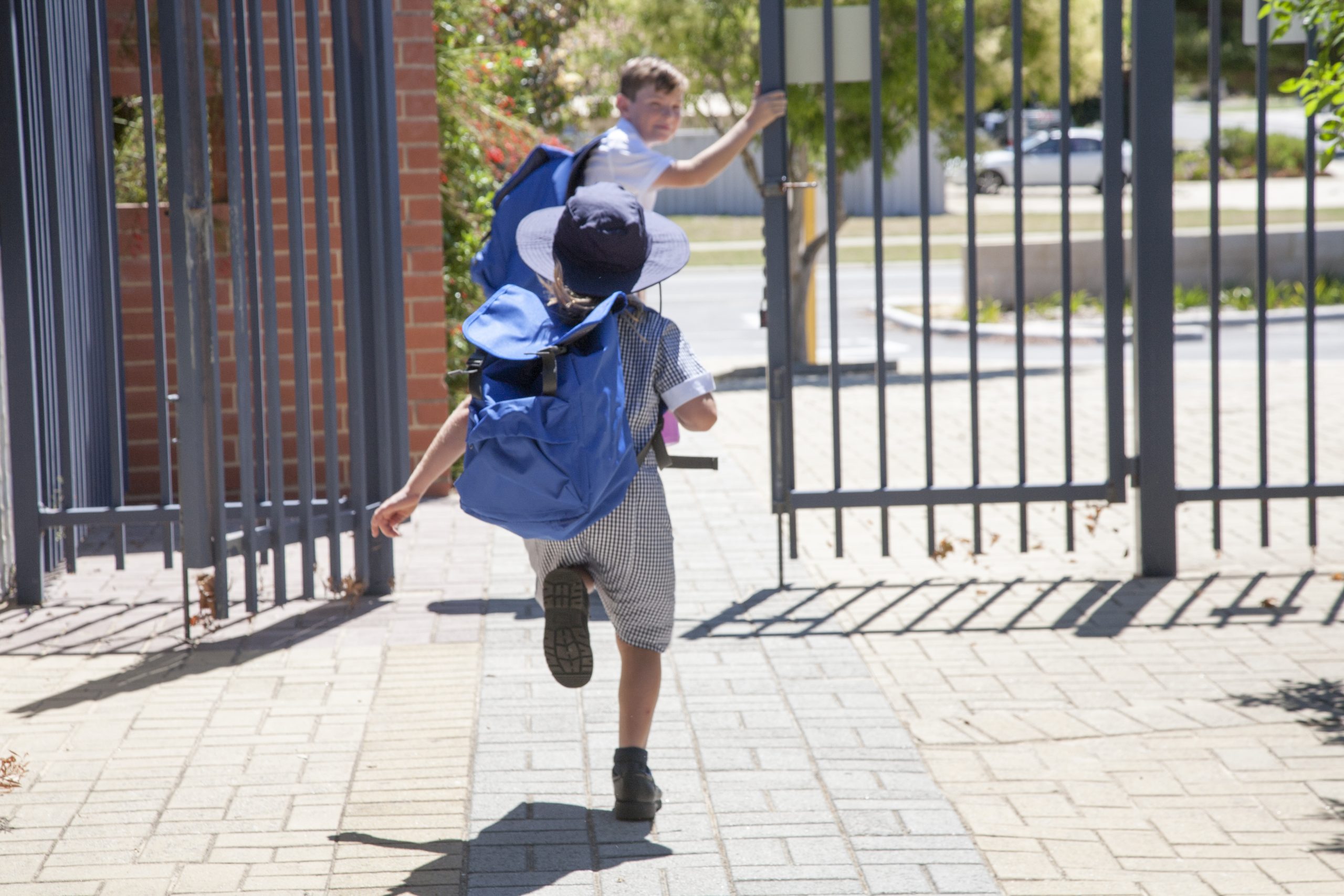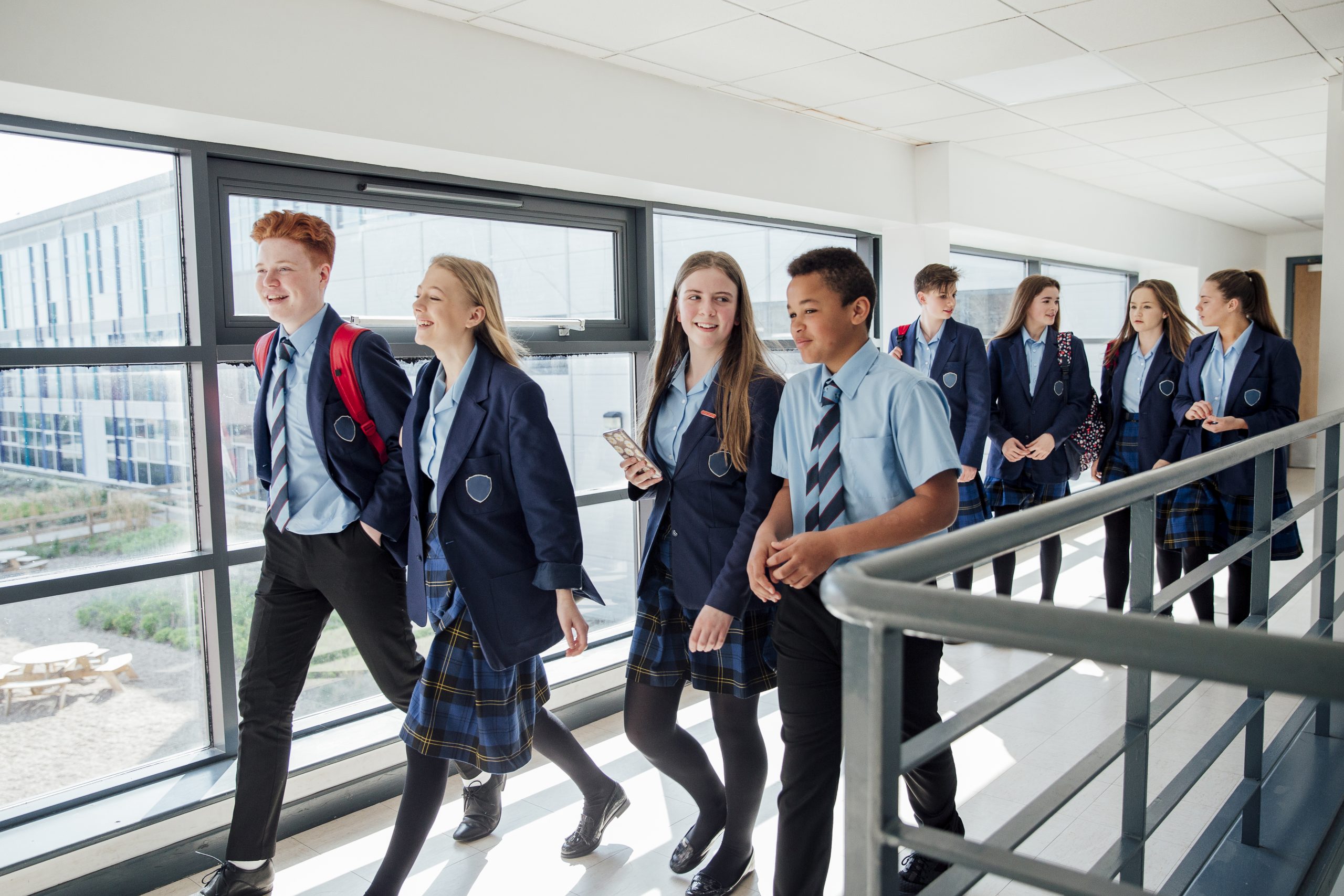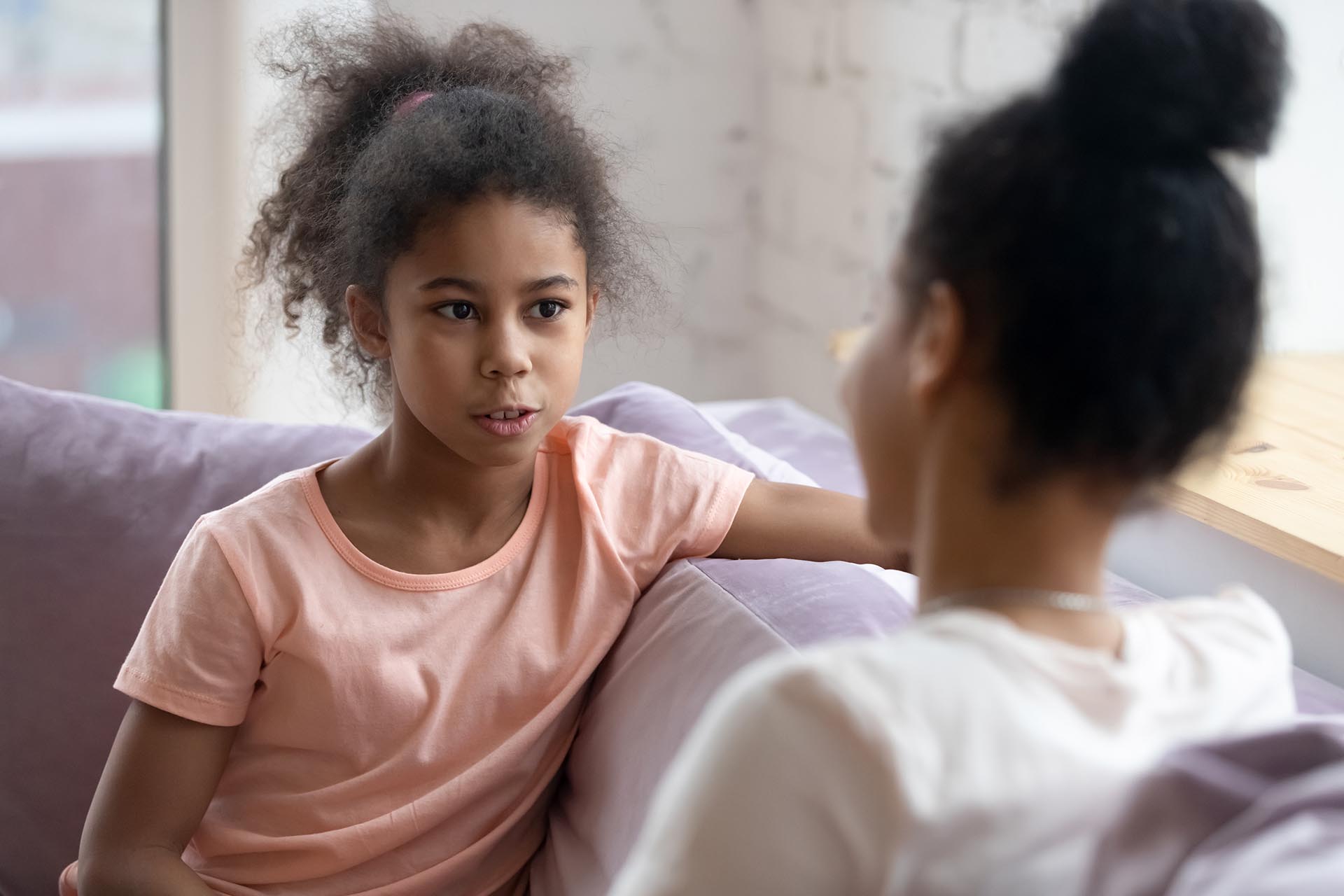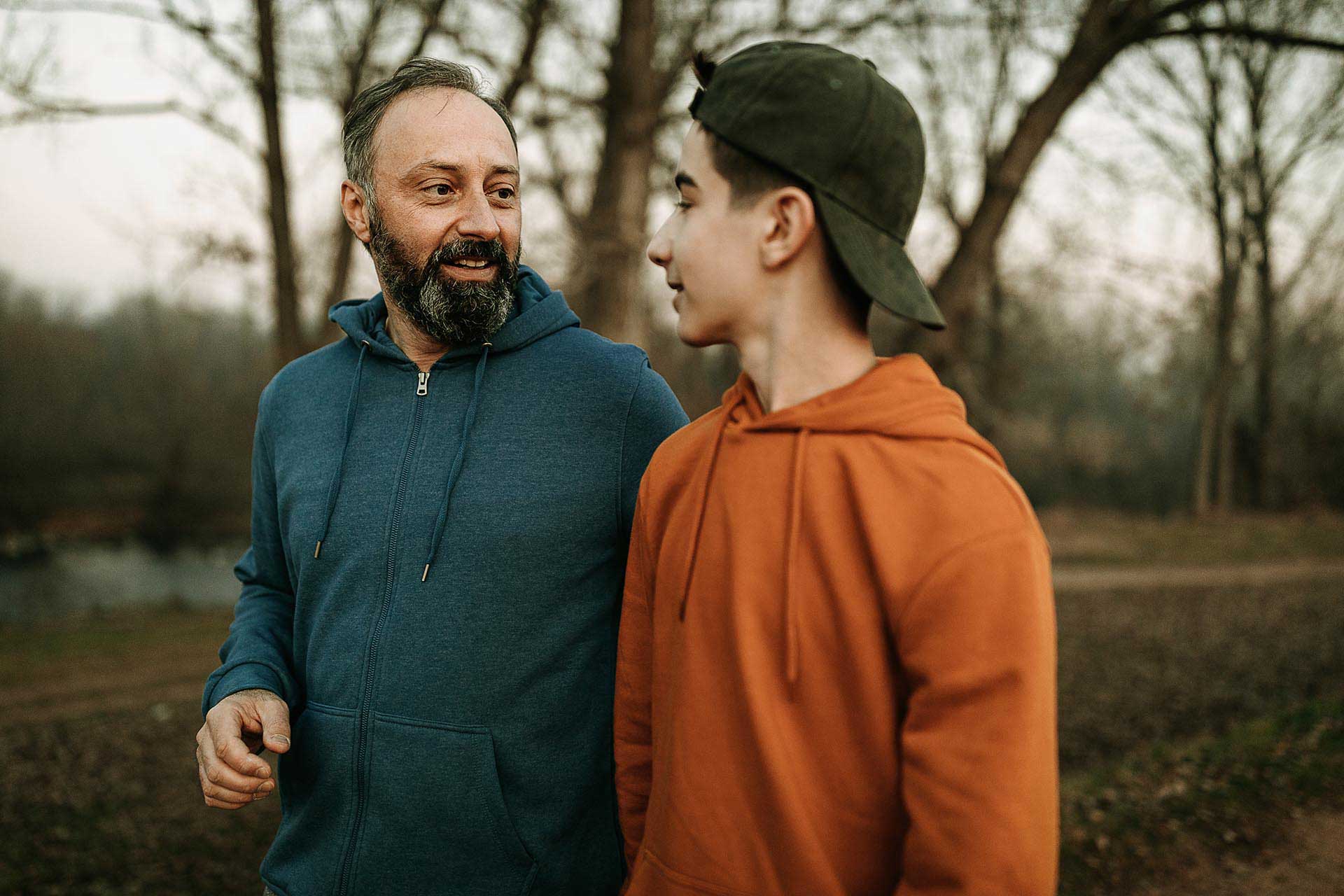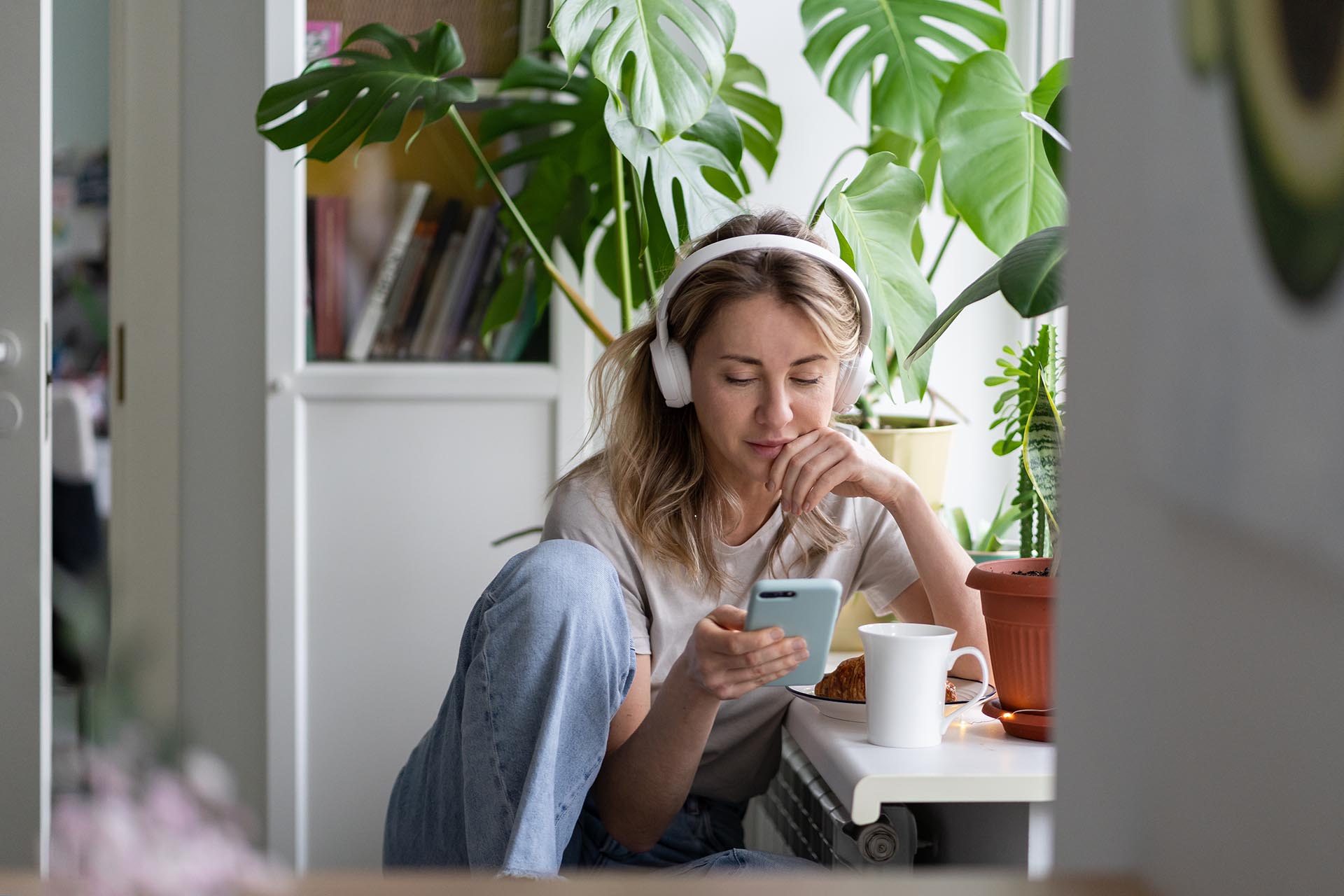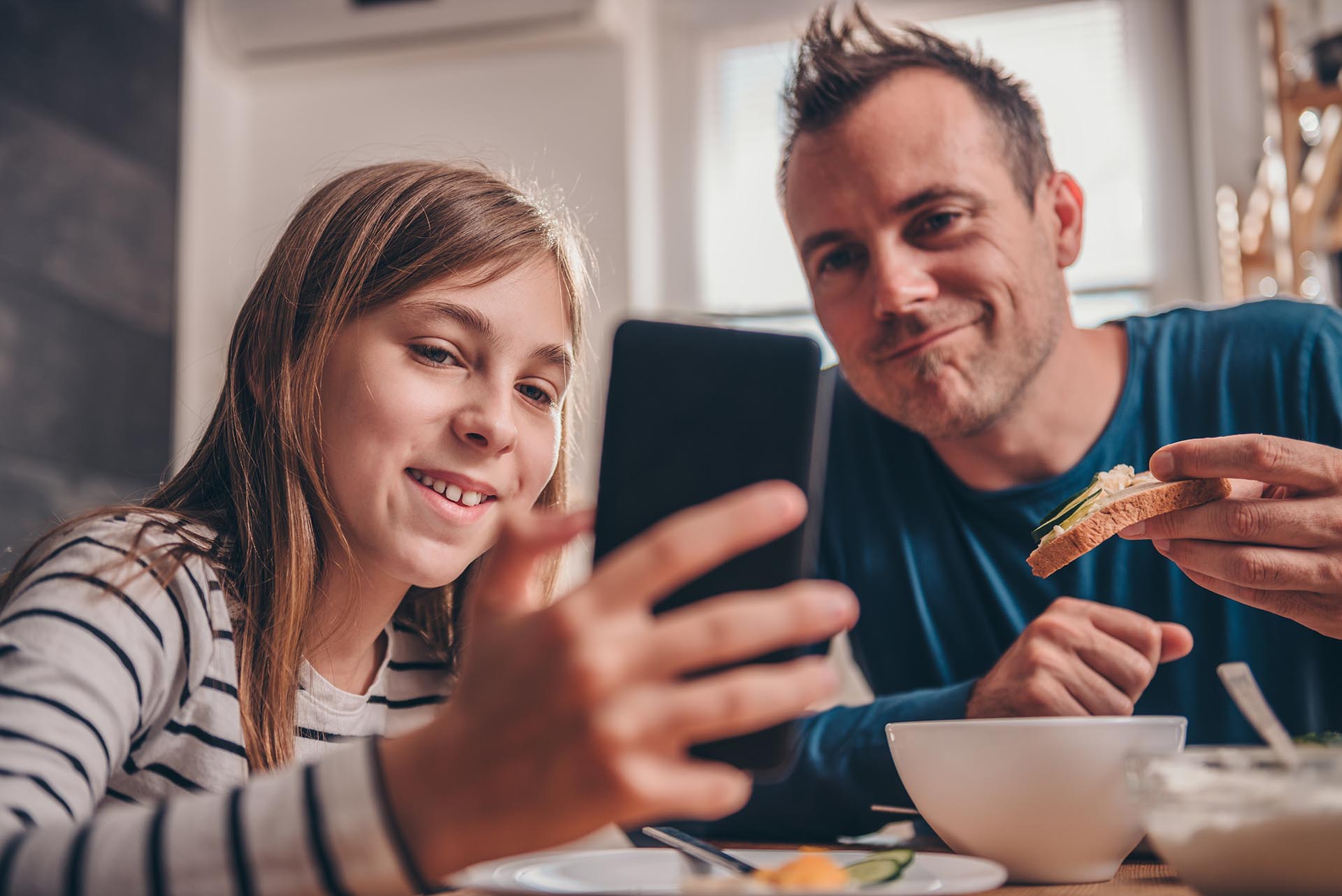How to help ease your child out of lockdown
While we’ve been rejoicing the end of Victoria’s lockdown, euphoria hasn’t been the only emotion brought on by the announcement. Many people have reported feeling anxious at the ease of restrictions. It makes sense. Those in higher risk groups might still be worried about catching the disease, vaccine or no vaccine, and additionally to that, we’ve spent the last 18 months absorbing the idea that social spaces are places of danger. We might be able to tell ourselves that this is no longer true, but it takes time for the body to process information. Some might find that socialising after so long can create feelings of ‘fight or flight’ and a heightened nervous system.
Children and teenagers especially could have complicated feelings coming out of lockdown. Some might be worried about catching Covid. Others might be nervous about fitting back into social dynamics or how they’ll cope with the workload of regular school. Plus, lockdown has taken a far greater time proportionally from their lives than ours. Many milestones such as birthdays and formals have been missed. And developmentally, they won’t have all the emotional and cognitive regulation skills of adults to transition smoothly into this new world. The good news (for us and them) is that brains are highly adaptable, and most will quickly adjust, but how can parents and carers help with this process?
Get them to think about and vocalise how they’re feeling
As always, the best thing to do is ask questions and talk, talk, talk. Ask them how they’re feeling about leaving lockdown, what they’re excited about and what they’re worried about. Get them to name their emotions and ask them to explain how they feel them in their body (sweaty palms? Heart skipping a beat? Etc). Ask them if there’s anything you can do to help, or strategies you can work on together to get them through this transition period. And remind them they can always come and talk to you, every step of the way.
You might say: ‘Are you feeling good about coming out of lockdown? It is very exciting, but you know, it’s also normal to have other emotions too. What else do you feel about lockdown coming to an end if anything? I’m feeling a bit nervous about it myself – and if you are too, that’s normal. I know a lot of people are experiencing this. Just know, however you feel, you can always talk to me about it every step of the way.’
Explain why they’re feeling this way
Some young people might be feeling confused about their feelings of apprehensions about leaving lockdown. Talk to them about how our body isn’t always aligned with our brain, and our body can physically manifest worries that we might not consciously be aware of. Explain how we’ve grown used to perceiving social settings as ‘risky’ and how that’s a hard message to just switch off. Talk about how it’s normal to be nervous about going back to school and interacting with friends again – even best friends – and how it might feel as if they’re experiencing their first day all over again.
Switch the anxiety/excitement axis
Increased heart rate. Butterflies in the stomach. Struggling to sit still. All of these can be symptoms of anxiety, but they can be symptoms of excitement too. And often, our bodies can’t tell the difference. Try talking to your young person about the importance of a positive mindset. When they express these feelings, try to direct them to something they feel positive and excited about, rather than something that makes them feel nervous.
Talk about taking things slow and setting boundaries
It’s tempting to make plans for every second of the weekend now that we can again, but that doesn’t mean we’ll be able to handle the go-go-go when the time comes. If they seem to be getting overwhelmed, talk to your teen/child about easing back slowly into social gatherings. If they experience social anxiety, it could help for them to only make plans with good friends they feel very comfortable with to start.
Part of taking things slowly will sometimes be having to tell friends ‘no’. Sometimes it will be having to tell themselves ‘no’. Remind them that it’s unlikely that the first few weekends out of lockdown will be the best of their lives, so they shouldn’t feel bad about setting limits. Help them decide what some reasonable boundaries might be and practise communicating them with your young person. Remind them that they have a whole summer ahead to have fun; there’s no need for FOMO now.
For primary-aged children, you might say: ‘I know you want to see all your friends again, but I’m not going to plan too many playdates right now. Our bodies are used to rest right now and it’s important we don’t tire ourselves out. I know you’re excited to see your friends, and you will, but it doesn’t need to be all at once. How do you feel about this?’
For secondary-aged children, you might say: ‘So, what are you planning or wanting to do with friends now you can again? Even though we all might be keen to jump back into things, I think it’s important not to plan for too many hang outs. There will be plenty of time this summer for all the catch-ups you want. What could be some boundaries for socialising over the coming few weeks? What do you think?
Reassure them
An obvious but important point. Let your young person know that what they’re experiencing is totally normal, and many others are feeling the same way. Reassure them that humans are adaptable and it won’t be long until they feel back to normal. Chat about how they’ll be able to talk about these times with their friends who have also been through the same thing.
Don’t forget to look after yourself
Lastly, remember your child isn’t the only one going through a strange, exciting, scary transition period! Go easy on yourself and lead by example. By looking after yourself and your needs, and working through your own emotions around lockdown, you’ll also be in a better place to support your child.
Further resources
- check out our fact sheet series ‘Let’s talk’ to support parents and caregivers with their conversations at home.


